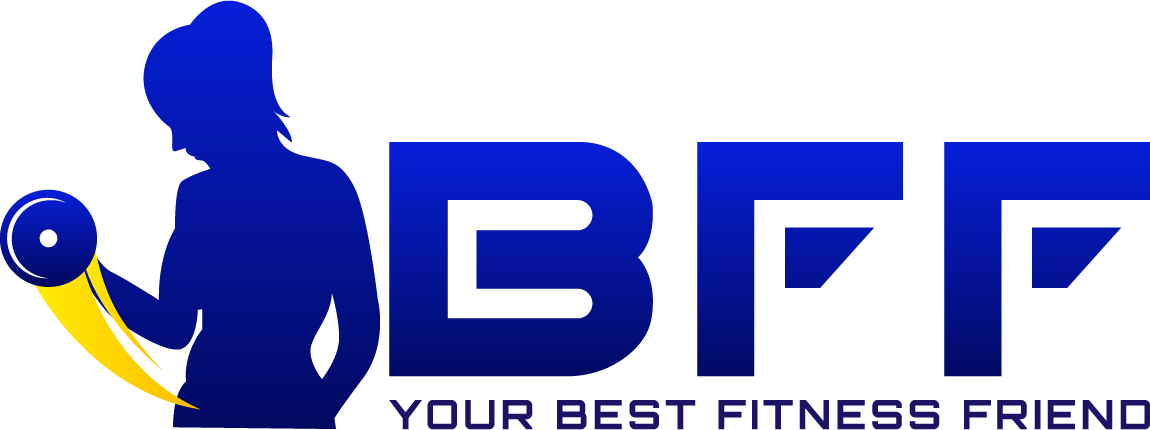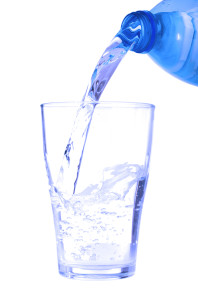A few months ago I wrote about the 7 Habits of Highly Effective Exercisers (go here, if you are interested in reading). Moving your body is important and for some of us, it’s a necessity. However, it has been well documented and most of us are well aware that it’s all about the EATING! I have had clients, past and present, who will tell you that the exercise part, whether they developed an affinity for it or not, was the easier ‘habit’ to develop. They will also tell you that they resisted making any major changes to their eating, initially, but later had to admit that I was telling the truth. I don’t know everything, but I do have a little knowledge (certifications in Personal Training, Weight Management and Fitness Nutrition, etc.) and A LOT of experience! (mostly my own!) So, I would like to boil the nutrition piece down into 7 Habits of Highly Effective Eaters. They aren’t the only good habits and they aren’t easy habits, but they are doable, and if you work through one or two at a time-you, too, can be an Effective Eater!
- Drink Water-the shortest, sweetest and often easiest one of the bunch. No tricks or gimmicks, just do it! One client told me that all it took to convince him was his PT (me) sharing with him that he could lose 5-10 lbs. in one year, just by drinking the suggested amount (1/2 your weight in ounces). You can add the commercial flavorings, but flavoring with real fruits or veggies is actually tastier and often cheaper. Favorites: lemons, limes, cucumbers, all kinds of berries, or melons.
- Eat the right foods– Duh!? Right? I am going to quickly combine a bunch of stuff here, because we know this (and there are 5 other suggestions that you might NOT know about to get to!
- Eat real carbs: replace the refined carbs in bread, pasta, cereals, and snacks like pretzels, with complex carbs found in fruits, veggies, whole grains, nuts, seeds and legumes. The point is, ditch the boxes and bags of processed carbs and eat the real thing. And by the way, when you eat carbs (think: things that come from the ground) make sure you combine it with a protein or a little fat-this will slow down the digestion, and you will stay full longer and keep the sugar levels more balanced.
- Speaking of proteins: besides marrying carbs to protein (you can eat proteins alone if you want, but that’s no fun!) make sure the proteins are LEAN-and as natural as possible as well. The richest proteins come from animal sources. There are plenty of processed choices-however, natural is better, even if it has a few more calories than the processed choices-we are choosing natural every time! The processed choices have hidden agendas and fallout-in particular, our body’s ability to digest them.
- And those misunderstood FATS: You MUST eat fats! EVERY SINGLE CELL in your body uses fat! Every new cell is wrapped in a little layer of fat-so no fat in your diet means no new cells…..Yikes-think about your brain, it is 60% fat!!!! The key is that you choose good fats. Avoid vegetable oils (olive oil is ok), trans fats (think: fast foods), partially hydrogenated oils, fried foods, those found in processed foods. Better choices: nuts, seeds, fish, avocados, extra virgin olive oil, coconut oil.
- AND-Eat breakfast, and then some: Many experts advocate that you eat your first meal within 30 minutes of waking. Even if it is a pre-workout meal (on the light side because you don’t want to be uncomfortable) eat something! There is plenty of support for the idea that eating a good breakfast will set you up for a successful, healthy – choice sort of day-more so than not eating. Why wouldn’t you eat-aren’t you starving in the morning anyway? Break the fast!! Then, eat every 3 ½ -4 hours based on that first meal (5x=2 snacks, 3 meals) and you will set your body up for more balanced sugar levels, fewer cravings and more efficient use of the nutrients and calories you take in all day long. Eating food on a regular basis lets your body know that it is ok to USE the calories, and burn the energy, rather that thinking it needs to CONSERVE the energy, turning the nutrients to sugar and storing them as FAT (usually around our middle).
3. SLEEP! Research suggests that those of us who sleep less than the recommended 7-9 hours, weigh 5 lbs. more than their counterparts who get the required amount. (So between sleeping and drinking water-that is 10 whole lbs! Gone!) A lack of sleep leads to many obvious problems, but one lesser
known consideration is the disruption is causes to our natural rhythms with leads to inefficiency in regulation of major body functions, such as energy storage/use, metabolism and appetite (because hormone levels that control things like ‘I’m full’, are impacted, too).
4. Learn to COOK! (Clients, cover your ears-I am going to repeat myself, AGAIN!) There is really no way around it-eat out less and eat at home more, period. When you cook at home, you know (and can control) what goes into your food. Even when following recipes, I change things to fit my family. For instance, I use less salt because my husband has a little high blood pressure. There are so many things that we cannot control as easily in this journey-genetics, schedules, the other responsibilities (stressors) we have in life, etc., etc. This is an area where you can have COMPLETE CONTROL. Doesn’t that sound nice?? Here are some simple ways to use that control:
- Instead of frying foods, bake or roast them-I promise you will not give up any flavor, only calories.
- Eat more raw or steamed foods-again, no loss of flavor (actually they may taste better), but you will retain more nutrients.
- Use herbs and spices instead of salt-adds so much (natural) flavor and protects you from the possible effects of too much salt.
5. Use the 90/10 ratio for your Food Plan-90% of the time eat the good stuff and allow 10% for those special occasions and slip ups that are part of life. You do not want to miss out on foods you can only get in New Orleans or Hawaii (meaning those that may not be part of your healthy food plan) or even the fried ice cream you get once a year at the county fair! It is impossible to eat perfectly and you need to allow yourself room for mistakes or for allowing yourself some indulgences. When clients ‘tell on themselves’ I ask if it was worth it-it is only a problem if the answer is ‘No’–enjoy making good choices and enjoy just as much when you indulge occasionally. The key is feeling good about your choices, physically AND emotionally.
6. Eat the right KINDS of calories-It’s pretty obvious that 2000 calories in donuts is different than 2000 calories of proteins, fruits, veggies and healthy fats. The tricky part is knowing how much of each and in what combinations. We typically under-estimate when ‘guessing’ our calorie intake. Additionally, it isn’t as simple as calories in/calories out for most of us. So, unless you are consulting with a registered dietitian or nutritionist (or even a fitness nutrition or weight management specialist), here are some simple –but general-guidelines:
- Limit the white foods-sugar, white rice, white flour pasta, white potatoes, white bread-these foods tend to turn to sugar and are stored as fat more quickly than the more complex carbs and whole food counterparts.
- Even too much of a good thing can be bad-even complex carbs can be a problem, they can spike your blood sugar levels which result in the secretion of the hormone, insulin, which signals your body to store fat. So, choose carefully AND-
- Always have protein with your carbs– this slows the digestive process, so you feel full longer and more good nutrients can be absorbed in the process.
- Use the 20% rule for sugar-check a food’s label, if the calories from sugar are greater than 20% of the total of carbs, put it back on the shelf…..or eat foods without labels-then you probably solve the problem altogether!
7. Finally, LISTEN to your body-Granted, this takes practice and is learned over time, as you adopt a healthy, realistic and sustainable lifestyle. Following any kind of fad diet, or diet plan in general, including Weight Watchers, Nutri-System, etc. will not assist you in acquiring the ability to determine things like: when you are full, what and why are you having cravings, are you thirsty or hungry?? Thirst is often mistaken for hunger, cravings are sometimes based on real needs your body has-but unless you have learned and put into practice some good habits of planning, preparing and controlling choices, you will see these as mixed messages. Often times, because I (or you) choose to eat healthily 90% of the time, when I make a not-so-healthy choice, my body responds in ways that make it obvious that I shouldn’t make that choice very often. An upset stomach, headache, lethargy, brain fog, are just a few symptoms I have experienced when I choose things my body doesn’t need or can’t use efficiently. Those natural consequences can be helpful in keeping me on track!
Fueling our bodies is something we need to do. Nourishing our bodies in ways that will support it, and allow it to respond to the demands we place on it, takes some conscious thought and effort. I can tell you from my own experience and from watching the journeys of my clients that it is well worth the effort of becoming a ‘Highly Effective Eater’-oh, and your body will thank you, too!
So, until the next time-Be Well (and eat well)! Your Bff
(Coming soon-I will be sharing my thoughts on a few different Food/Meal Delivery Programs-These have become a ‘new’ thing and clients have been curious. So stay in touch if you want the inside scoop, too!)



Recent Comments